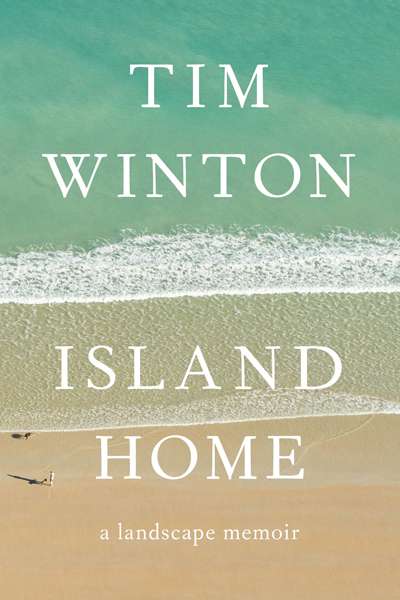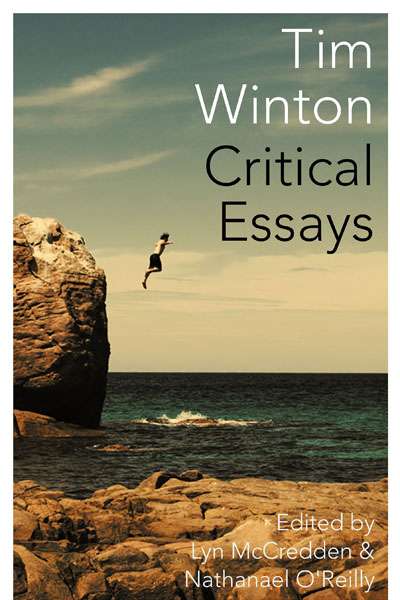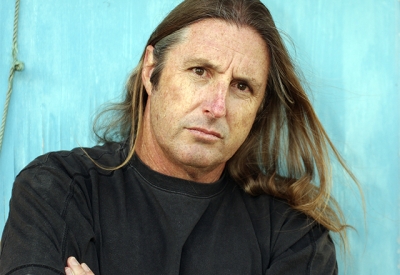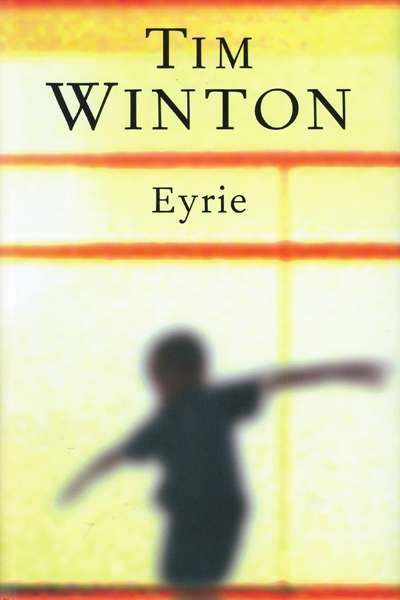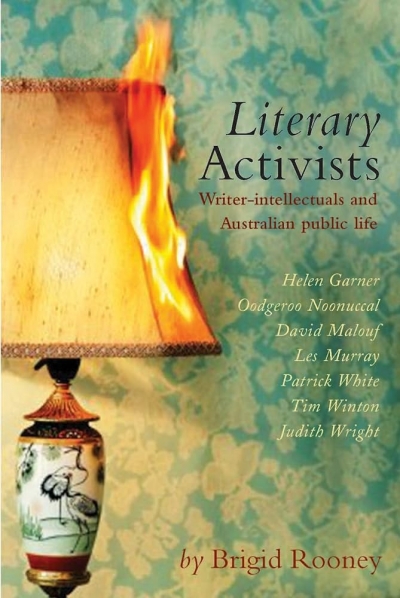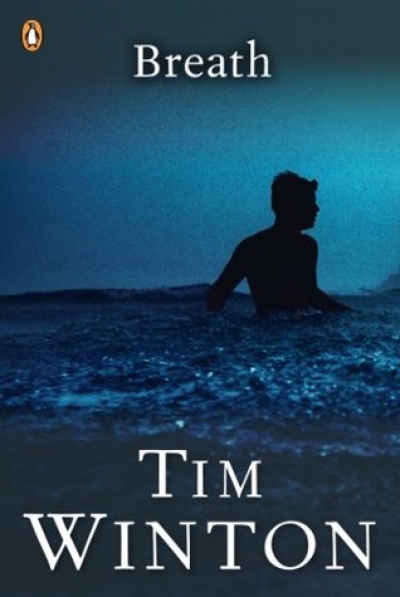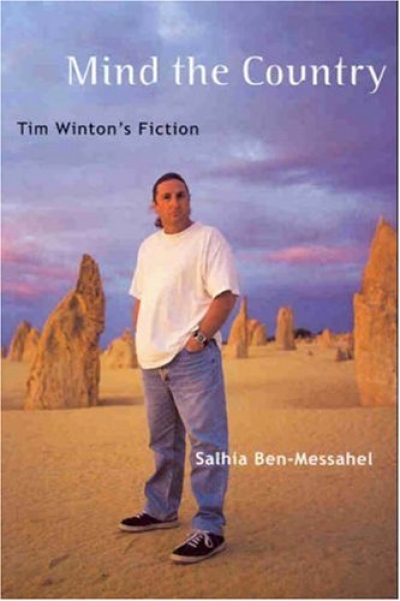Tim Winton
Tim Winton's island home seethes and rings, whispers and beckons with sheer life. It tantalises through shreds of memories and phantom histories turned to stone or engraved in ocean-scored rocks and remote caves. Like William Blake's 'green and pleasant land', it is compromised but offers 'a World in a grain of sand / And a Heaven in a wild flower'. His isle, like P ...
Here is a fine new Australian opera from Victorian Opera. Composer Iain Grandage and librettist Alison Croggon have taken Tim Winton’s Booker-shortlisted novel The Riders (1994) and created a highly expressive work. Marion Potts directs it on a wide but stark stage furnished only with wooden saw horses. There is a balcony and a revolve, but mostly Potts chooses to observe her anguished and introspective characters through a series of fairly static groupings.
... (read more)Tim Winton: Critical Essays edited by Lyn McCredden and Nathanael O’Reilly
Sitting, a few years ago, in the audience at a writers’ festival in the south-west of Western Australia, at a panel session hosted by Jennifer Byrne, I was struck by the widespread reaction to one of the panellists announcing that the book she had chosen to discuss was Tim Winton’s Cloudstreet (now securely canonised as an ‘Australian national classic’, as Fiona Morrison’s essay in this volume points out). A ripple of reverential approval went through the auditorium and discreet murmurs of ‘my favourite book’ were exchanged. This response demonstrated the feeling aroused by Winton and his work in a large section of the general reading public, particularly in the West.
... (read more)I tend to reread The Sun Also Rises every year, if only to remind myself of what it was like to be eighteen or nineteen and overcome by the initial excitement, the shock, of something fresh and distinctive.
... (read more)In a notable month for major new Australian fiction, Tim Winton’s Eyrie stands out. Brian Matthews reviews this darkly funny novel – ‘a scarifying assessment of the way we live now’
... (read more)Anthology films are expected to be uneven; in a way, the unevenness is the point. With no less than eighteen directors on board, this adaptation of Tim Winton’s short story collection The Turning (2004) resembles an epic round of the surrealist game Exquisite Corpse, in which players separately draw parts of a human figure on a sheet of paper which is then unfolded to reveal the bizarre whole.
... (read more)ON CLOUDSTREET
When we sought readers’ nominations for the ABR Favourite Australian Novel of any era or genre, we anticipated goodly interest in the poll, partly because we know you are a well-read and passionate bunch, but also because Oxford University Press and Penguin had offered us a couple of outstanding prizes to complement our three-year subscription to the magazine.
... (read more)Literary Activists: Writer-Intellectuals and Australian Public Life by Brigid Rooney
While rehearsing in Martin Place for the recent Sydney Festival, my daughter found herself dancing on a plinth while a heckler below chanted ‘Wanker!’ throughout. On another platform, her fellow artists, all of them performing their intricately choreographed work, endured the calls of another passer-by, ‘You’re so predictable!’ In Australia, everybody’s a critic.
... (read more)One of the intriguing things about Breath, Tim Winton’s first novel in seven years, is that it has a number of affinities with his very first book, An Open Swimmer (1982). Both are coming-of-age novels that attempt to capture some of the confusion and melancholy of youth ...
... (read more)Mind the Country: Tim Winton's fiction by Salhia Ben-Messahel
University of Western Australia Press should be commended for recognising a significant gap in Australian literary scholarship: a book-length study on the work of Tim Winton. Aside from Tim Winton: A Celebration (1999; not a critical work), and Michael McGirr’s Tim Winton: The Writer and His Work (1999), written for young readers, there have been no major studies of his work and little critical commentary. Is Peter Craven’s response to Dirt Music (2001) – which he called a ‘profoundly vulgar book’ that ‘bellyflops into a sort of inflated populism’ – widely shared? Is Winton on the nose because he is popular? Certainly, there is nothing sexy about Winton’s work; it embodies wholesome and worthy values, without shying away from stories where these values are absent. But he is a damn good writer – a difficult thing to measure, I know. His work resonates for many people. Whether they adore it or hate it (think Cloudstreet [1991]), people who have read Winton have an opinion on him. Winton’s work, particularly The Turning (2004), prompts interesting questions about contemporary Australian life.
... (read more)

